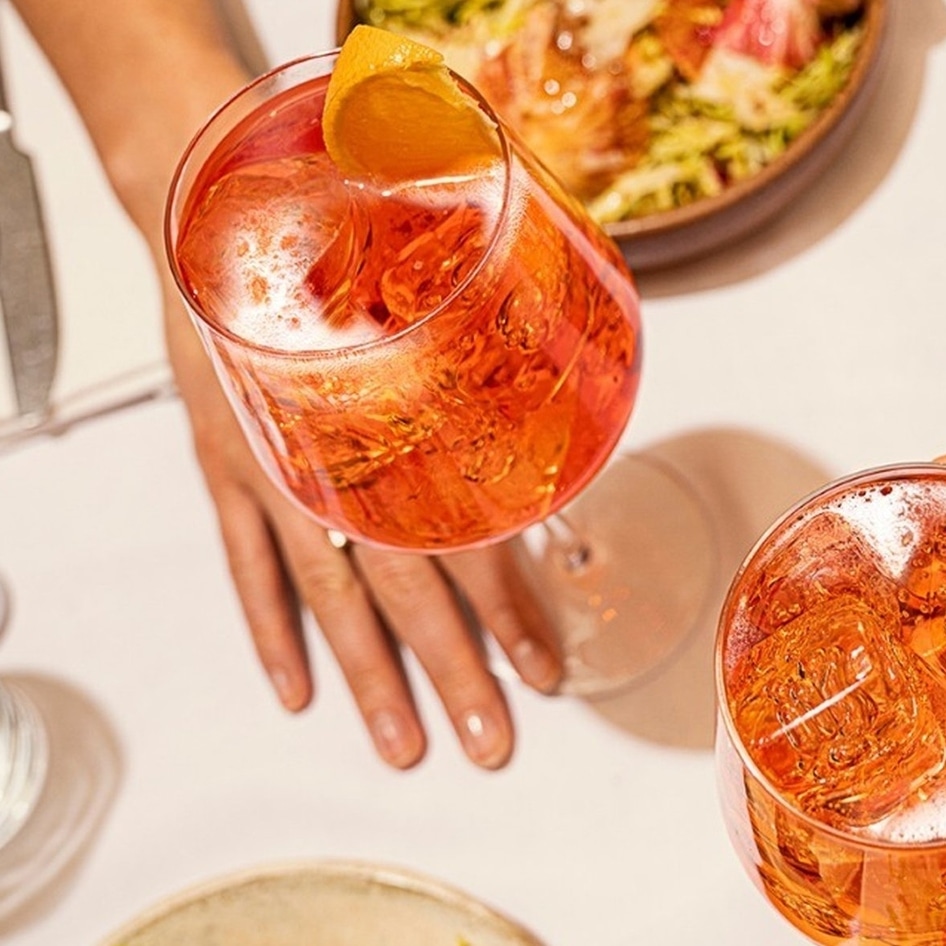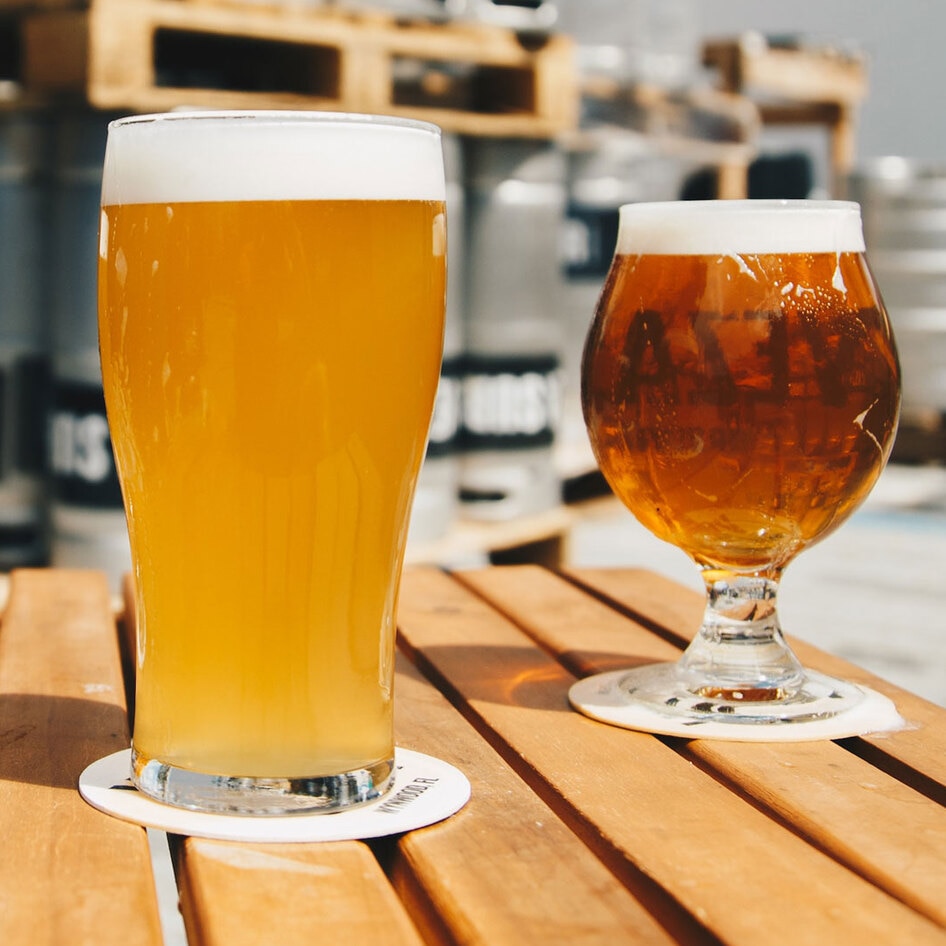Vegan Wines 101
Is your Merlot meat-free? Probably, but that doesn’t necessarily mean it’s vegan.
January 29, 2009
“Vegan wine?” I tilt my glass of Pinot Grigio to the light, examining the pale yellow fluid for tiny specks of chicken. “Aren’t all wines vegan?” The idea seems preposterous—of course they’re vegan. The basics of winemaking are inherently humane: made from grapes, natural fermentation, oak barrels. Nothing that would make you wonder if any animals were harmed in the making of this vintage. But a few wineries are plugging their vino as “vegan-friendly,” which begs the question: Is there something important I should know about before I start sipping?
At Virginia’s Mountain Cove Vineyards, a fellow named Mike guides us through the winery tucked behind the cabin, telling us the story of the grape, from vine to wine. Afterwards he leads us into the tasting room and pours two generous samples of Tinto—a dry blend of cabernet franc and cabernet sauvignon grapes that he proudly calls a great “porch-sippin’” wine—before explaining why some wines are vegan, but most are not. It’s all in the fining. Fining is a process wine goes through while it ages to extract impurities in order to produce a clearer, more stable product. After a fining agent is added to wine in a tank or barrel, it drifts about, picking up proteins, yeast, bad flavors and other organic particles before settling to the bottom of the container for easy removal. The clear wine is then racked off into a clean tank, leaving behind minute traces, if any, of the fining agent in the finished wine.
What’s difficult for vegans to swallow is that the majority of fining agents used in wines today are derived from animals. These agents include isinglass (from sturgeon bladders), gelatin (from boiled cows’ or pigs’ hooves and sinews), egg whites (or albumen), and casein (a milk protein). Even bulls’ blood, “sangre de toro,” was once used to clear red wine, but no longer in American or European wineries—Mad Cow Merlot just wouldn’t sell.
There are animal-free alternatives—most commonly bentonite, a natural clay powder, and Sparkaloid, a diatomaceous earth. Both act like a pair of cement boots by becoming attached to bad elements and sinking them to the bottom. Different agents are used to fine different types of wine, and the winemaker gets the final say. With most of the industry using animal byproducts, why are some winemakers switching to more humane methods? According to the owner of Mountain Cove, Al Weed, the humane part is simply a fortuitous side effect. “Most of the non-vegan additives are used typically to compensate for specific ‘deficiencies’ in the wine,? he replies, “deficiencies to which we go to great lengths to avoid.”
Mountain Cove wines, thankfully, are safe for the drinking, and a growing cadre of vintners is following the vegan path to vino. Cheers to that!
Check Out VN’s list of Vegan-safe Wines!
JUMP TO ... Latest News | Recipes | Guides | Health | Subscribe







